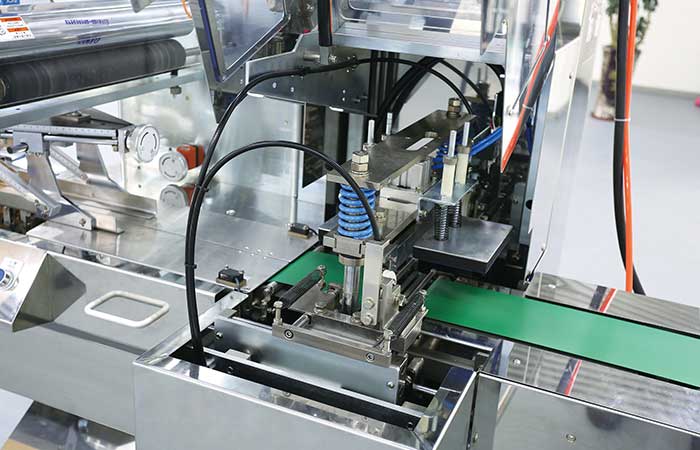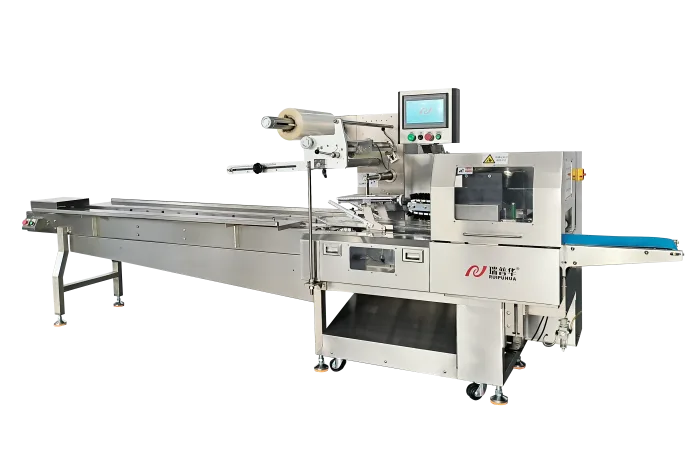The Pitfalls of Dependency: Issues with Package Software Systems
The Pitfalls of Dependency: Issues with Package Software Systems
In the realm of software development, the use of package software systems has become ubiquitous. These pre-written code libraries offer developers a quick and efficient way to integrate complex functionalities into their applications. However, with this convenience comes a set of challenges that can impede the development process and even compromise the quality of the final product.
One significant problem with relying heavily on package software systems is the risk of version conflicts. As developers pull in various packages to leverage their features, they may inadvertently introduce conflicting versions of the same dependencies. This can lead to compatibility issues, runtime errors, and ultimately, project delays.
Moreover, package software systems are not immune to security vulnerabilities. Since these libraries are maintained by external parties, developers must trust that the code is secure and up-to-date. However, without thorough vetting and monitoring, vulnerabilities in dependencies can expose applications to potential cyber threats, putting sensitive data at risk.
Another drawback of package software systems is the lack of customization they offer. While these libraries provide useful functionalities out of the box, they may not align perfectly with the specific requirements of a project. As a result, developers may find themselves spending additional time and effort adapting the package to fit their needs, negating the initial time-saving benefits.
Furthermore, the over-reliance on package software systems can hinder developers’ skills development. By abstracting complex functionalities into pre-built packages, developers may miss out on valuable learning opportunities and insights into the inner workings of the software. This can limit their growth as programmers and prevent them from fully understanding the code they are working with.
In conclusion, while package software systems offer undeniable advantages in terms of efficiency and productivity, they also pose several risks and limitations that developers must be mindful of. By striking a balance between leveraging existing libraries and cultivating in-house development skills, teams can navigate the pitfalls of dependency and create robust, secure software products.
-
 01
01Packaging Machinery: Beyond Sealing, Driving an Efficient, Smart, and Sustainable Future
21-01-2026 -
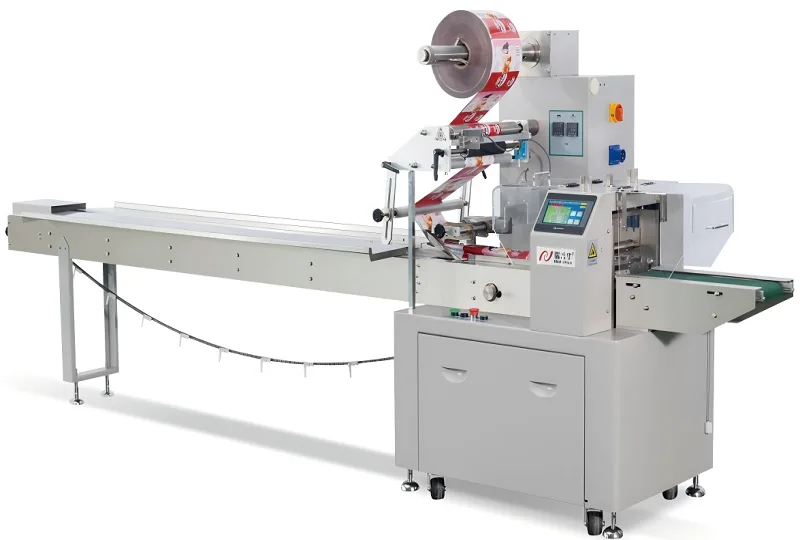 02
02Automatic Tray Loading and Packaging Equipment: Boost Efficiency to 160 Bags/Minute
21-11-2025 -
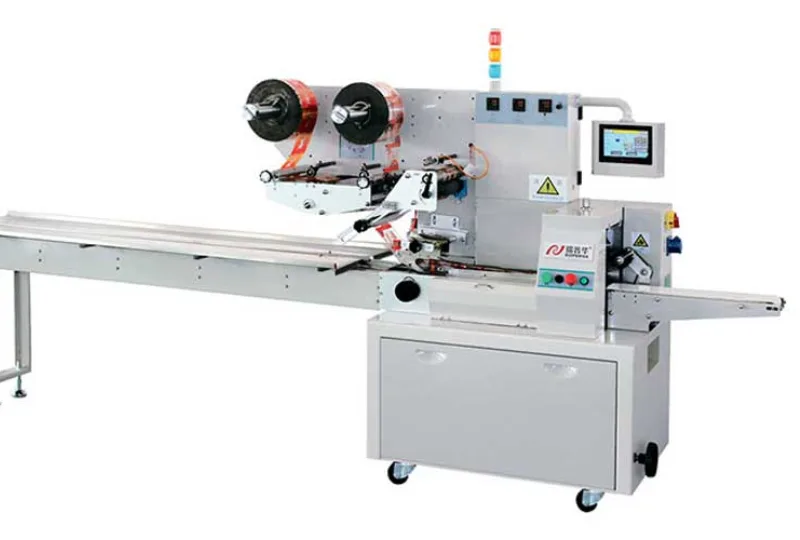 03
03Automatic Soap Packaging Machine: Boost Productivity with 99% Qualification Rate
21-11-2025 -
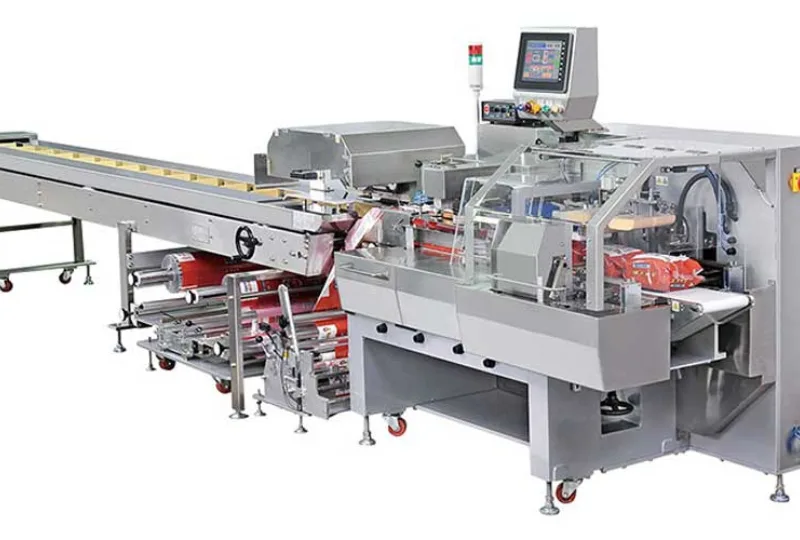 04
04A Deep Dive into Automatic Toast Processing and Packaging System
18-11-2025 -
 05
05The Future of Bakery Production: Automated Toast Processing and Packaging System
18-11-2025 -
 06
06Reliable Food Packaging Solutions with China Bread, Candy, and Biscuit Machines
11-10-2025 -
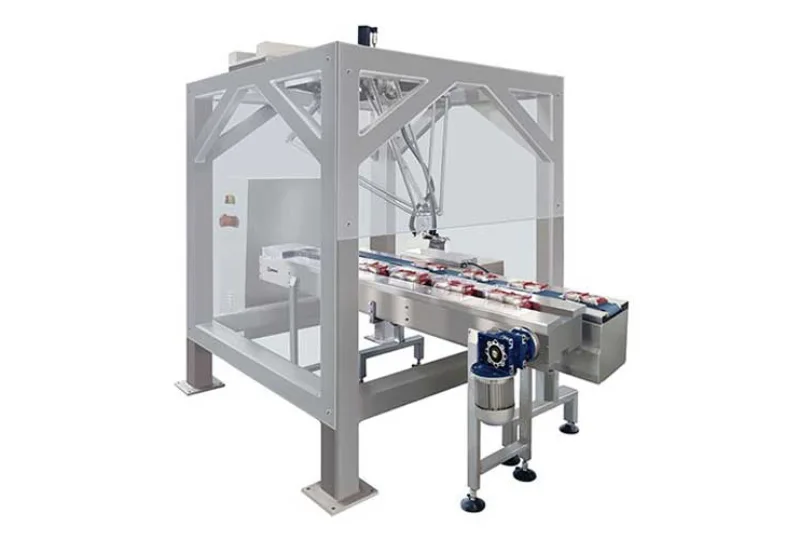 07
07High-Performance Automated Food Packaging Equipment for Modern Production
11-10-2025 -
 08
08Reliable Pillow Packing Machines for Efficient Packaging Operations
11-10-2025 -
 09
09Advanced Fully Automatic Packaging Solutions for Efficient Production
11-10-2025 -
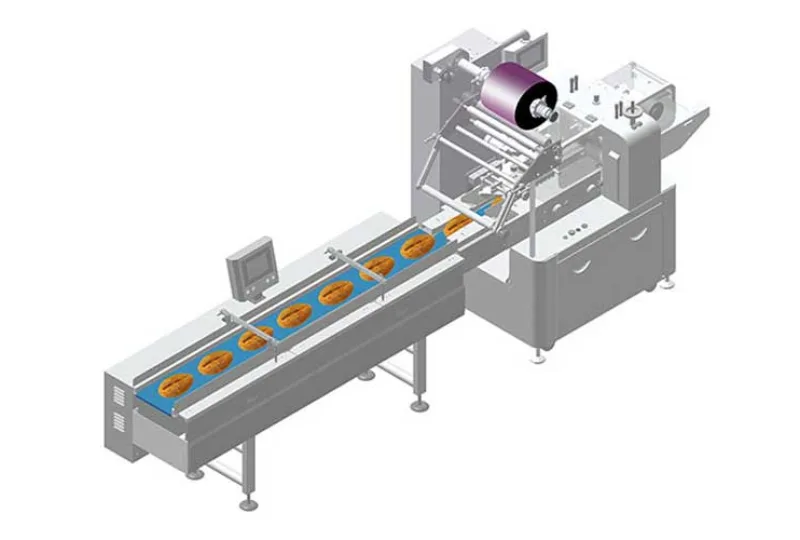 10
10Efficient Automatic Food Packaging Solutions for Modern Production
11-10-2025




